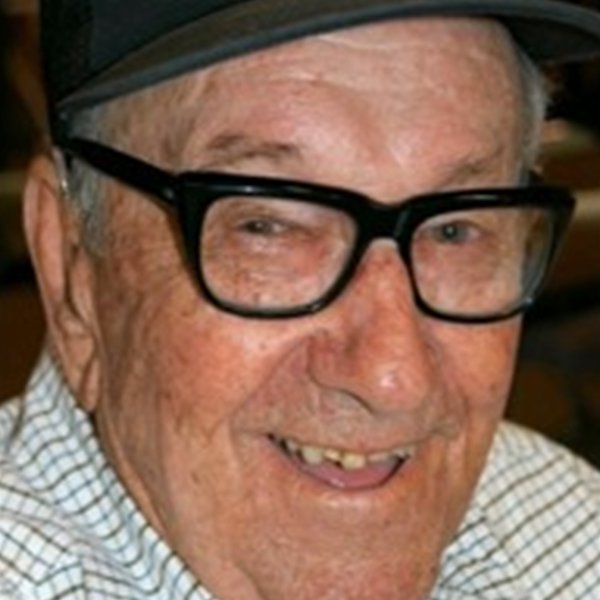
Class XXVII
Leroy Isbell
With innovations in the rice industry never before attempted by anyone in Arkansas or the U.S., Leroy Isbell, 89, of England, pioneered methods making his name internationally recognized. Isbell’s innovations during a 55-year career are widely accepted today. Isbell first learned about rice farming from GI bill classes he attended after leaving the Navy. He began with 40 acres, paying for the first crop with his GI bill paycheck. In1959, Isbell purchased 900 acres — then in use for fish production — and modified it for rice. Isbell rebelled against the common rice-growing practices like rotating rice crops in fields to lessen the impact of red rice problems. He found that by water seeding his rice crops, he controlled red rice problems so well he could continue farming his best rice ground year after year. He also pioneered zero-grading of rice fields when he noticed how long it took for water to drain from a traditional sloped contour levee system. Zero-grading allowed the field to drain water quicker in four directions rather than the one sloped direction found in a traditional rice levee system. This led to extensive water conservation benefits. Isbell and his sons were the first to do this in Arkansas. It took a trip to California by Isbell’s son, Chris, to get involved in another rice-growing innovation. Chris met a Japanese man, who claimed that Koshihikari, a Japanese rice variety, couldn’t be farmed outside of Japan. Father and son took on the challenge, successfully cultivating the Japanese variety and taking it to market in the U.S. and eventually Japan when it opened trade for rice imports. Isbell’s successes bring visitors to his family farm wanting to improve their own rice-growing. The Isbell family is well respected and recognizable in Japan where the family’s picture adorns the rice products it sells there.
